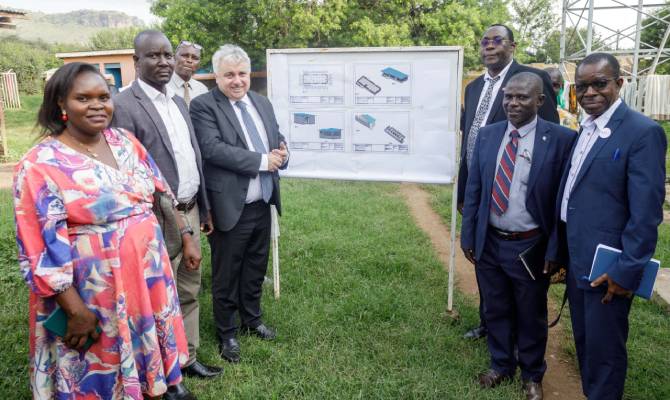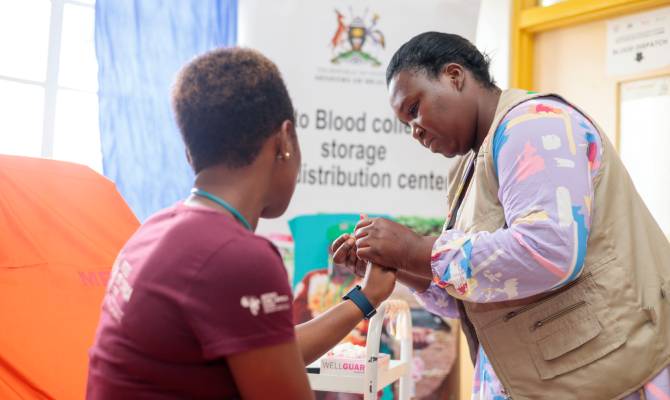In Karamoja region, northern Uganda, CUAMM is working to reduce the incidence of human and animal communicable diseases through All in One project funded by Agenzia Italiana per la Cooperazione allo Sviluppo and implemented with Africa Mission.
All in One is part of the fight against the Coronavirus pandemic, which has made even more evident the relationship that exists between human, animal, and environmental health. The objective of the project is to intervene in a context such as Karamoja, at high endemic risk of communicable diseases both human and animal, to reduce the incidence of such diseases, adopting a health model based on the integration of different disciplines that is inspired by the concept of One Health. The initiative at a global level is aligned with SDG 3, and in particular with target 3.3, and contributes to the implementation at the district level of the One Health National Strategic Plan of the Ugandan government.
The intervention is being implemented in particular in the districts of Napak and Moroto, in a context with a high endemic risk of both human and animal communicable diseases, with the aim of reducing the incidence of these diseases and building more resilient social and health systems, strengthening their preparedness and capacity to respond to diseases.

The sensitization activity is being supported by awareness raising activities and radio spot reaching a wide range of population. “Safeguarding Karamoja from Antimicrobial Resistance! Use antibiotic Wisely, Save Lives: St.Kizito Matany Hospital Leads on Antibiotic Stewardship to combat Antibiotic Resistance” is the slogan chose by CUAMM on occasion of the Global Antimicrobial Resistance Awareness Week
All in One acts on three levels namely community, health and livestock to create an integrated system of prevention, monitoring, and control of diseases with epidemic potential, through:
1) the prevention of infections through the improvement of hygiene conditions and practices at the community level. The intervention aims to rehabilitate 70 wells and building 210 pit latrines, promoting the conscious use of safe water sources and improved latrines, and combating the widespread practice of open defecation, which is the main cause of infectious diseases among the community.
2) the improvement of infection and control practices and epidemiological surveillance at the health care level intervening in 16 peripheral health centers and strengthening two hospitals’ laboratories also by supporting the animal infectious disease surveillance system and animal welfare through trainings to veterinary and para-veterinary staff in addition to livestock vaccination.

A Global “One Health” Approach
Antimicrobial resistance (AMR) is a challenge that transcends medicine, connecting human, environmental, and animal health within the One Health framework. Addressing this crisis requires integrated actions, including research, training, prevention, and policy development, to mitigate the impact of a growing threat to public health worldwide.





